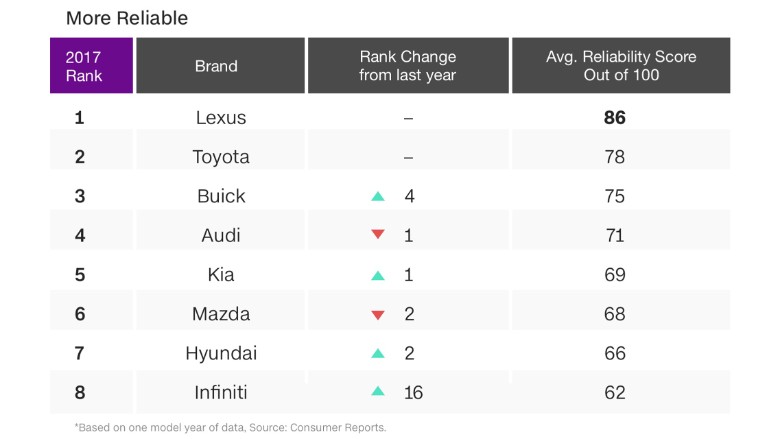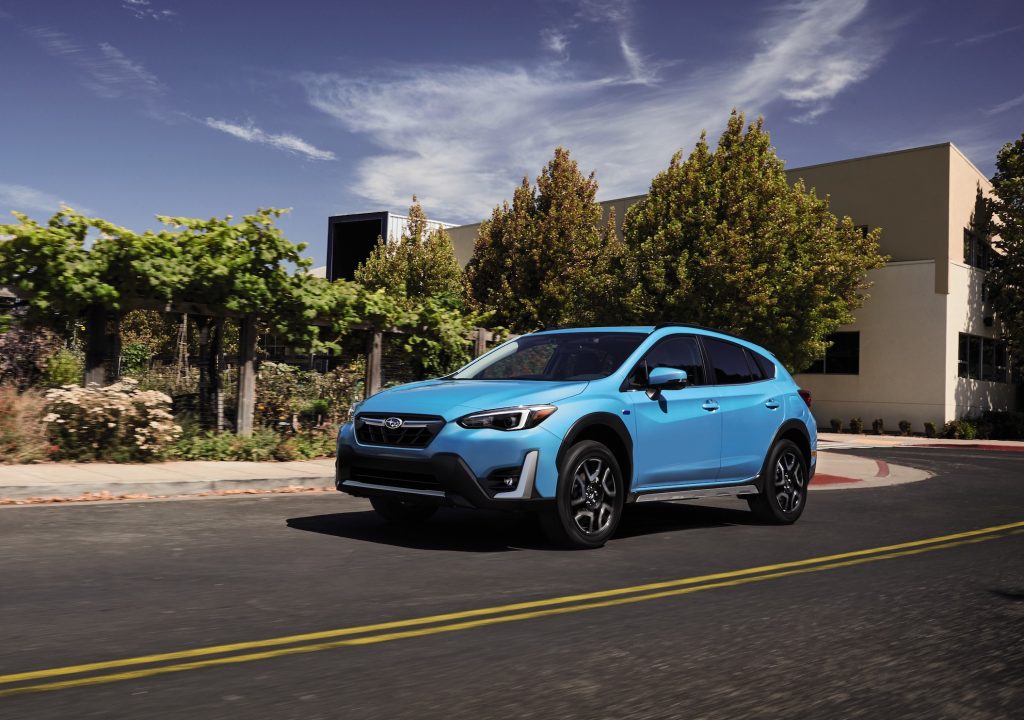

In fact, Toyota and sub-brand Lexus intend to work with Mazda and several other Japanese brands on the development of “greener fueling options” and hydrogen tech. They also all wish to maintain the development of the internal combustion engine for as long as possible. All three offer numerous hybrids and have a strong resistance to BEVs. Lexus, Mazda and Toyota were the most reliable brands. Interestingly, Mercedes has no plans to offer the 56” screen on any of their non-EVs – further validating Consumer Reports’ analysis that electric cars typically feature the latest and greatest in terms of technology which in turn can lead to reliability issues. Arguably the epitome of “crazy, industry-first technology” the Hyperscreen will debut on the Mercedes EQS and will also be available as an optional extra on the smaller EQE. It will be of particular interest to see how Mercedes’ Hyperscreen will hold up in terms of reliability. Overall the main positive is that fundamentally electric cars are proving to be as reliable as ever, it’s just the technology put into more high-end models that’s causing problems. Consumer Reports stated the Model Y has “much worse than average” reliability and that the Model 3 also has a lot of problems, although they found Chinese-built Teslas were substantially better made than their Fremont counterparts.

Tesla finished second last, ahead of only Lincoln, in brand reliability rankings.

Cheaper EVs using more dated, simplistic tech such as the Nissan Leaf perform much better per the report. Analysts noted luxury EVs tend to be more unreliable as they have more complex infotainment and general technology features. The problems seem to stem from the increased amount of tech included in new EVs rather than actual powertrain issues.


 0 kommentar(er)
0 kommentar(er)
